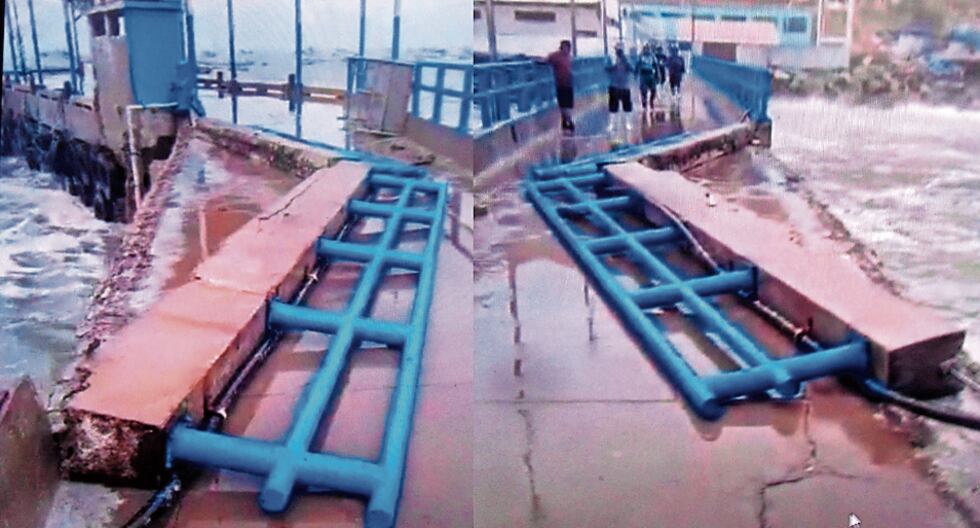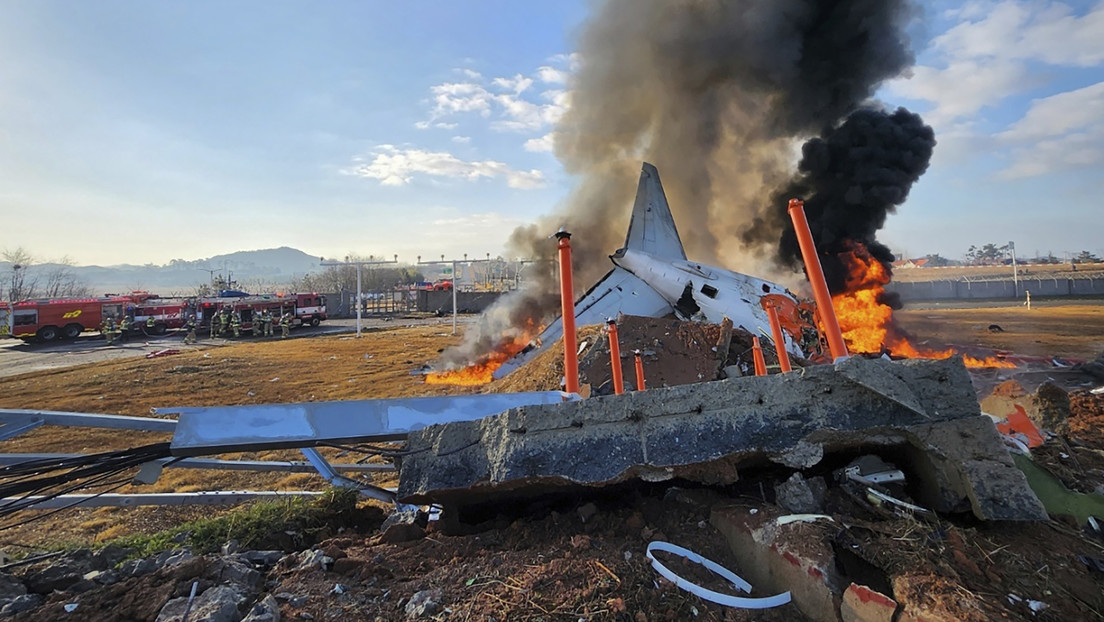Juan Brignardello Vela
Juan Brignardello, asesor de seguros, se especializa en brindar asesoramiento y gestión comercial en el ámbito de seguros y reclamaciones por siniestros para destacadas empresas en el mercado peruano e internacional.




The abnormal waves that have battered the coast of Talara have left a palpable concern among the residents and fishermen of the area. The devastation has been felt strongly in localities such as Lobitos, Cabo Blanco, El Ñuro, Los Órganos, and Máncora, where docks and boats have been swept away by the fury of the sea. This situation has led authorities to close various beach access points, creating an atmosphere of uncertainty and alarm. The waves, which have exceeded 4 meters in height, have created a constant atmosphere of danger. The coastal communities, which rely on the sea for both livelihood and leisure, are now threatened by a phenomenon that has taken many by surprise. Fishing activities, vital to the local economy, have been interrupted, which could have repercussions on the availability of seafood in the short term. In Lobitos, the situation has become critical. The beach sergeant, Lizandro Chapilliquen Ruiz, has emphasized that the swell has severely impacted fishermen, with at least 18 boats damaged or destroyed. The destruction of these small fishing vessels and yachts not only affects the direct owners but also jeopardizes the food supply chain that benefits the entire community. Artisanal fishermen from El Ñuro and Lobitos have faced the situation courageously, opting to venture out to sea in a desperate attempt to save their boats. However, this strategy has resulted in an additional danger, as by avoiding the destruction of their vessels, they have become trapped in the middle of the sea, waiting for a respite from the adverse conditions surrounding them. The image of fishermen stranded at sea, unable to return to shore, is a graphic representation of nature's harshness. In poignant statements, Ismael Maza Bayona, a fisherman from El Ñuro, has highlighted the urgent need for help, not only for himself and his companions but for all those affected by this unprecedented event. “We need help from the coast guard or by air to rescue them and bring them to shore,” he commented, reflecting the sense of vulnerability that has taken hold of the community. The installation of a red flag on Lobitos beach serves as a visual reminder of the imminent danger. This measure is part of a broader effort by local authorities to ensure the safety of residents and visitors. However, the presence of this flag cannot mitigate the emotional and economic impact that this phenomenon has caused in an area that has traditionally coexisted with the sea. As fishermen struggle to secure their livelihoods, the community watches in anguish as events unfold. The concern for the safety of their loved ones out at sea, as well as for the integrity of fishing infrastructure, adds to the anxiety about the immediate future of fishing in the region. The closure of access to popular beaches such as Playa Las Pocitas, Playa la Punta, and Playa El Amor has left many visitors in uncertainty. Talara, known for its natural beauty and tourist appeal, now faces a challenge that could disrupt the economic dynamics of the area. Authorities continue to monitor the situation, and emergency protocols have been activated to address the immediate needs of fishermen trapped at sea. The community hopes that collaboration between authorities and fishermen will lead to a solution for this natural disaster that has left deep marks on the lives of all. Faced with an unprecedented climatic event, the residents of Talara unite in the hope that nature will calm its fury and allow for the recovery of their livelihoods. The resilience of this community, tested by the sea, will depend not only on their capacity to adapt but also on the solidarity among its members and the support they can receive in the most critical moments.

